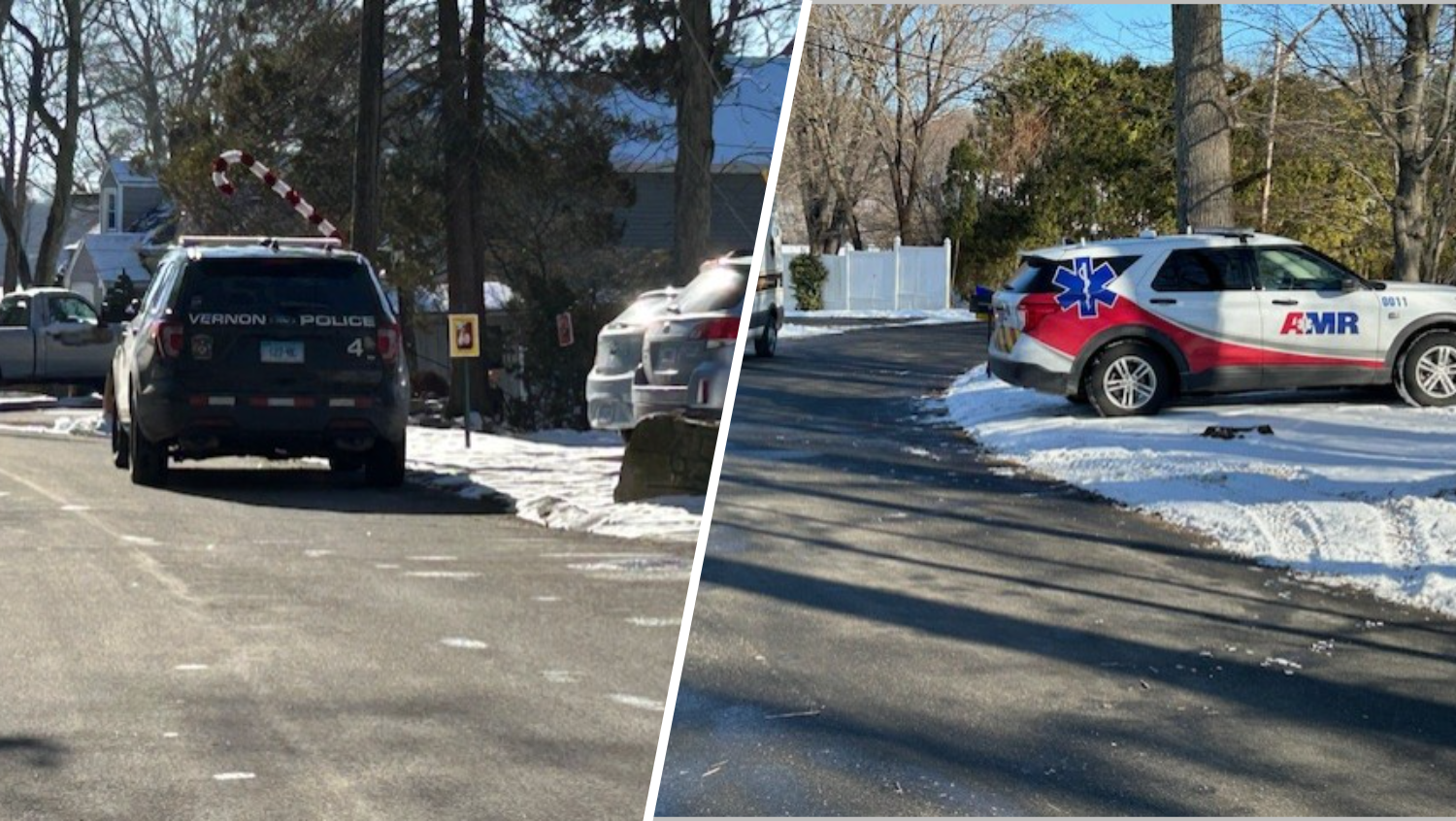3D-printed guns are often undetectable, unregistered, and can be unlawful. But they're also becoming easier for criminals to get their hands on.
At 1:09 a.m. Wednesday, in the 100 block of Central Avenue, Waterbury officers arrested 36-year-old Jeremy Stevens, charging him will carrying a pistol without a permit. They say Stevens was hiding a white homemade handgun, loaded with ammo, in his waistband. They say he also had heroin in his pocket.
“It’s one scary thought. Somebody can print up a gun in their own home," said Chief James Cetran, President of the CT Police Chiefs Association.
Guns made on 3D printers are the latest threat police officers are facing on the streets.
“As it gets more popular, cheaper, you’re going to start seeing a lot more of these things," explained Cetran. "It can be prolific. It isn’t right now but it can be and I have a feeling in the near future it will be.”
Around the country, so-called ghost guns are on lawmakers’ radars because they don’t have serial numbers, making them virtually untraceable.
They’re also easy to pass through security, including at airports.
Local
"It’s pretty much undetectable because there’s no metal in it," Cetran said.
Connecticut House members have passed a bill banning them. It’s waiting approval by the state Senate.
"If you have a conceal and carry license I believe if you can make one, ya it’d be cheaper for yourself," said Waterbury resident Angel Gonzalez.
"Those 3-D guns could be anywhere," said Stephen Fields. “I think it’s a bad idea."
“Banning them is good, but having to run across them by people who don’t follow the laws well in the first place, is a scary thought," added Cetran.
Stevens told police the gun didn’t work, but officers say the black residue on it suggested it had already been fired at least once.
Stevens’ attorney told NBC Connecticut News he plans to request that the plastic item seized by police be tested because the state will have to prove that it is capable of firing a shot.



